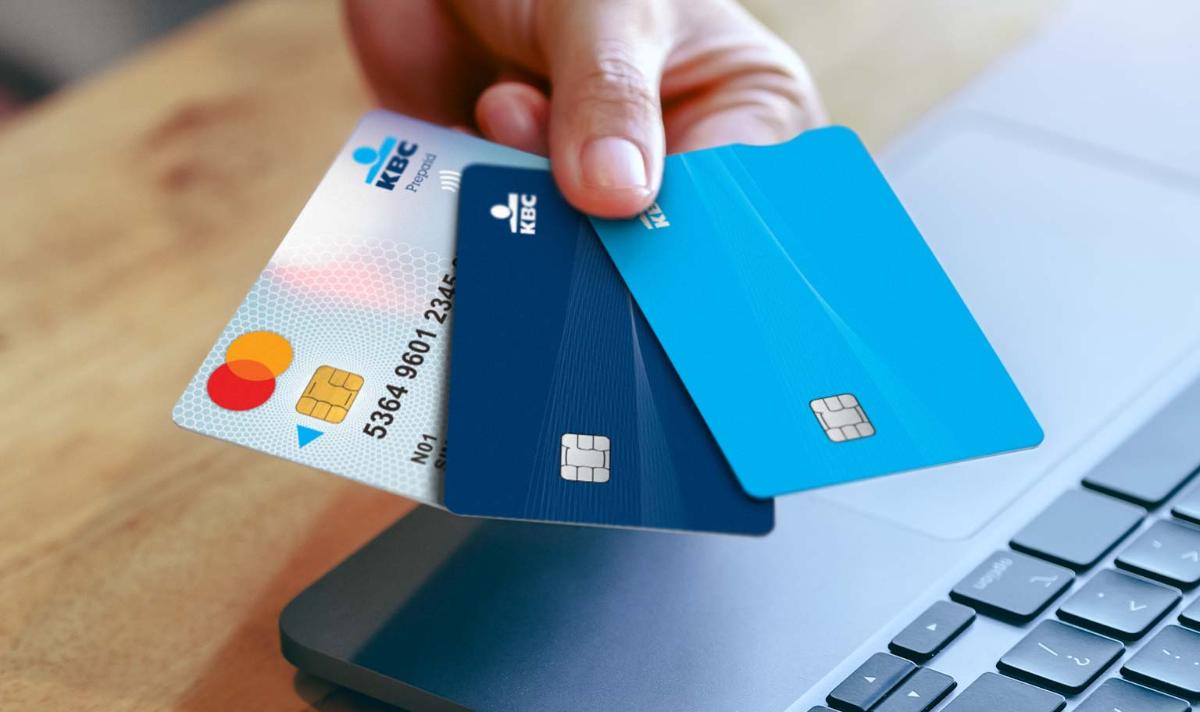Studying abroad is an exciting adventure, but it comes with its own set of challenges. One of the first things you’ll need to do once you arrive in France (or any other European country) is to open a local bank account. Having a bank account is essential for managing your finances, receiving funds, and even paying for everyday expenses. If you’re wondering how to get started, this guide will walk you through the steps to open a bank account as an international student in France and Europe!
Why Do You Need a Local Bank Account?
Opening a bank account as an international student in France is essential for managing your finances while studying abroad. Without a local bank account, it can be difficult to receive payments, pay bills, or even withdraw cash without facing high fees. It’s one of the first steps in settling into your new life as a student in France.
Opening a local bank account is crucial for several reasons:
- Receiving Payments: Whether it’s from your family, scholarships, or a part-time job, a local account will make it easier to manage your funds.
- Paying Bills and Rent: Most landlords and service providers in Europe prefer payment via bank transfer.
- Withdrawing Cash: Having a local account allows you to withdraw money from ATMs without high foreign transaction fees.
- Student Discounts: Many banks offer special student accounts with discounts and perks for international students.
Steps to Open a Bank Account in France and Europe
1. Choose the Right Bank
First, you’ll want to research the banks available to you in France or Europe. Popular banks for students include BNP Paribas, Société Générale, Crédit Agricole, and La Banque Postale in France. In other European countries, you’ll find banks like Deutsche Bank in Germany, Santander in Spain, and ING in the Netherlands.
When choosing a bank, consider factors like:
- Fees and Charges: Look out for monthly account maintenance fees or withdrawal fees.
- Student Offers: Many banks offer student accounts with minimal fees and extra perks.
- Accessibility: Make sure the bank has a branch or ATM nearby, and a user-friendly online banking app.
2. Prepare the Required Documents
Each bank may have slightly different requirements, but generally, you will need the following documents:
- Passport or National ID: A valid passport is essential for non-EU students.
- Student Visa or Residence Permit: Prove your legal status as a student.
- Proof of Address: A rental agreement, utility bill, or official document showing your local address.
- Student Enrollment Certificate: Proof of your admission to a recognized educational institution.
- Proof of Income or Funds: Some banks may ask for evidence of your financial stability, such as proof of scholarship, parental support, or a bank statement from your home country.
3. Visit the Bank or Apply Online
Once you’ve selected your bank, you can either visit a local branch or apply online (if the bank allows it). Keep in mind that opening an account in person is often more straightforward for international students.
During your visit, a bank representative will guide you through the process, help you choose the type of account that best suits your needs (e.g., checking or savings account), and explain any associated fees or services. Some banks also offer accounts specifically designed for students, with no monthly fees and free international transfers.
4. Make a Deposit
Most banks require an initial deposit to activate your account. The amount may vary, but it is typically a small sum. Be prepared to deposit a minimum of €50 to €100 to get started. This amount can usually be paid in cash or via an international bank transfer.
5. Get Your Bank Card and PIN
 Once your account is open, you’ll receive a bank card (debit or credit, depending on the account type). This card will allow you to make purchases, withdraw money from ATMs, and transfer funds. Be sure to also set up your PIN for secure transactions.
Once your account is open, you’ll receive a bank card (debit or credit, depending on the account type). This card will allow you to make purchases, withdraw money from ATMs, and transfer funds. Be sure to also set up your PIN for secure transactions.
Some banks may offer online banking or mobile apps, which makes managing your account easier while you’re living abroad.
To increase the keyphrase density and meet the recommended minimum, you can naturally incorporate the keyphrase “open a bank account as an international student in France” a few more times throughout the blog. Here’s an adjusted version of part of the content to demonstrate this:
Tips for Managing Your Bank Account in Europe
- Avoiding Fees: Always check your account balance before withdrawing money to avoid overdraft fees. Look for ATMs that are affiliated with your bank to avoid extra charges.
- International Transfers: If you need to send money home, explore options like Wise or Revolut, which offer lower fees for international transfers than traditional banks.
- Setting Up Online Banking: Many banks in Europe offer online banking apps in English, making it easier for international students to monitor their finances.
- Student Perks: Take advantage of student perks such as discounts on transportation, shopping, and dining by linking your student ID with your bank account.
FAQs About Opening a Bank Account in France and Europe
Q: Can I open a bank account in France if I don’t speak French?
Yes! Many banks offer services in English, and some staff members can assist you in your native language. It’s always helpful to learn a few key phrases in French, though.
Q: How long does it take to open a bank account?
Opening an account usually takes between 1-2 hours at the bank. Once approved, your card may take a few days to arrive.
Q: Do I need a French address to open a bank account?
Yes, you will need to provide proof of address, such as a utility bill or rental agreement. This is one of the key documents for international students.
Conclusion
Opening a bank account is an important step in settling into your new life in France or Europe as an international student. With the right preparation and documentation, the process is straightforward, and soon you’ll be able to manage your finances with ease.
At Bilberk Travel Agency, we understand the importance of a smooth transition into studying abroad. We’re here to help you with all your study abroad needs, from travel planning to settling into your new home. Let us guide you to make your journey as stress-free as possible!
Ready to study abroad?
Get in touch with Bilberk Travel Agency for more tips, assistance, and advice on your study abroad journey. Happy travels and successful studies!
